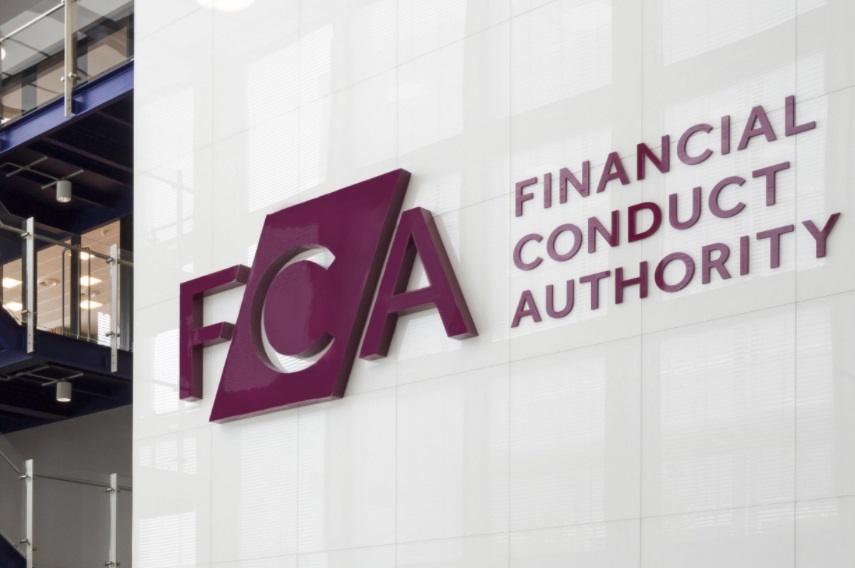The sustainability-linked loan (SLL) market has made progress towards addressing some of its key integrity and credibility issues, according to a new review by UK financial services regulator the Financial Conduct Authority (FCA), marking “important steps in the development of a credible transition finance ecosystem,” according to the regulator.
The observations by the FCA follow a 2023 review of the SLL market, which outlined a series of market integrity concerns that it said could hold back the development of a useful net zero transition financing tool and raise the risk of greenwashing. Sustainability-linked debt ties terms on financing, such as interest rates, to an issuer’s achievement of specific sustainability targets, allowing capital to be used for a wide range of corporate purposes, as opposed to other forms of labelled debt such as green bonds, which can only be allocated to specific categories of green projects.
Key issues flagged in the 2023 review included weak incentives in the sustainability-related terms of SLLs, and low-ambition sustainability targets and indicators chosen for the loans. The FCA review also noted potential conflicts of interest, with banks in some cases providing remuneration incentives to promote SLLs in order to help achieve their sustainable finance targets, potentially leading them to accept weak Sustainable Performance Targets (SPTs) and Key Performance Indicators (KPIs) in the loan agreements.
In its update letter, however, the FCA noted a series of improvements following engagement with banks active in the market, stating that “since 2023, we have seen the market for SLLs mature, with better practice and more robust product structures, despite apparent headwinds faced by the market.”
One of the key improvements highlighted by the FCA was in the relevance and ambition of the sustainability targets used in creating SLLS, with the regulator noting that it has found that KPIs are now more closely aligned with borrowers’ business models, and that the market has shifted to focus on a few key SPTs that it said “are material and strategically significant to a borrower’s business model.”
The FCA also said that the use of multiple sustainability coordinators across syndicated SLLs has become more common, leading to greater scrutiny of KPIs and SPTs, with stakeholders suggesting that “active debate within a larger forum… contributes to more stretching SPTs and greater coherence with a borrower’s business model.”
Additionally, the letter noted cases in which banks have used declassification of SLLs as a sanction when borrowers have breached the terms of sustainability-linked agreements or when the loan no longer meets the criteria of an SLL, which the regulator said indicates that banks’ standards have been raised, and that they “are willing to exert the full range of measures to maintain higher standards.”
While highlighting the improved integrity and credibility of SLLs, the FCA letter said that the ambitiousness of the pricing mechanisms used in the loans remains low, with minimal margin changes often in place for meeting or missing the underlying sustainability targets.
The FCA also noted barriers to scaling the sustainability-linked debt market. For SMEs, for example, the FCA cited factors including the high cost of developing internal reporting frameworks, and of acquiring external assurance, as well as large required loan sizes as preventing the use of SLL-based financing.
The FCA said:
“There are still barriers to scaling the SLL market and some concerns around incentives, but the improvements we’ve observed are important steps in the development of a credible transition finance ecosystem.”

